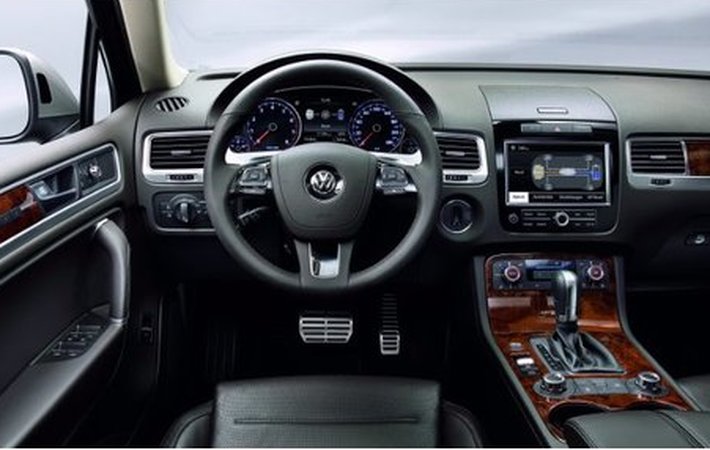
Published on 05/14/2017 | Strategy
The automotive industry received a significant wake-up call this week when Volkswagen revealed that it has been skewing emissions tests conducted by the Environmental Protection Agency (EPA). While in the lab, the vehicles’ pollutions controls were turned on, which helped the vehicles pass the EPA emissions test. When the vehicles were purchased and driven by consumers, the pollution controls were turned off, releasing upwards of 40 times as much nitrogen oxide into the air as permitted by the EPA.
It’s proving a difficult year for the auto industry. During the summer we witnessed the Chrysler recall of 1.4 million vehicles and now we feel Volkswagen’s pain. But there’s one positive here, the challenges are bringing the industry together to reflect on how can learn from these mistakes. The reality is that this is just another example of the auto industry’s difficult growth towards the software defined car and both incidents share a common theme of bringing the old world of physical recall in sharp contrast with the new world of using software.
Olympic training for cars?
The International Olympic Committee (IOC) started testing for drugs back as the 1920’s to make sure that the playing field wasn’t artificially raised by athletes. Now for millennial, the issue of performance-enhancing drugs (PEDs) is center stage at every sporting event. At the Beijing games, for example, the IOC, completed 4,770 tests, during the 2012 London Games, the number of test increased to 5,051. It’s a novel idea but what if, we put cars through Olympic testing, to ensure we have the same level “driving field”?
If the auto industry adopts its own “Olympic Standards” of testing, then the software defined car paradigm moves center stage to help. With OTA technology, OEMs, governments and Tier Ones can pull data from a vehicle at any time, and then share the data with an approved organization such as the EPA to track emissions during the life of the car. The real-time vehicle data will provide valuable information for regulators which they can use to enforce standards and protect consumers but it can also help the car manufacturers improve the car performance, make better cars and have happier customers.
Warning: industry changes ahead
Even before Chrysler’s and Volkswagen’s challenges, field-testing was emerging as a innovative way to make vehicles safer and more environmentally friendly, and it will soon be the norm in Europe. Starting with 2017 vehicle models, European regulators will make automakers test their passenger cars on the roads in addition to in the lab.[i] We know that vehicle recalls are expensive for manufacturers and a major inconvenience for dealers and consumers. In 2014, more than 64 million cars were recalled. GM alone recalled more than 30.4 million cars and trucks last year, costing the company over $4.1 billion in repairs, victim compensation and other expenses.
Bi-directional data - No one lane high-ways here
Industry developments are pointing to the need for regular data gathering from vehicles on the road. OTA software modifications can update a growing number of car elements from the security to the infotainment system. But the real benefit of OTA extends far beyond updating data. With a bi-directional data flow, not only can car manufacturers make seamless updates on the fly, they can also pull data to see how cars are performing to make them run better. These updates can all be done without a vehicle recall and updates can be done when it’s convenient for car owners.

The ability to push software updates will enable manufacturers to move away from traditional recalls and address many of their vehicle challenges via OTA updates wherever cars are parked, eliminating significant costs and inconvenience - finally achieving the holy grail of the software defined car. So, what do you think, does it make sense to have an Olympic Standard for cars? On the journey ahead will we see road works or will it be a smooth open drive all the way?
This article was originally published on LinkedIn.